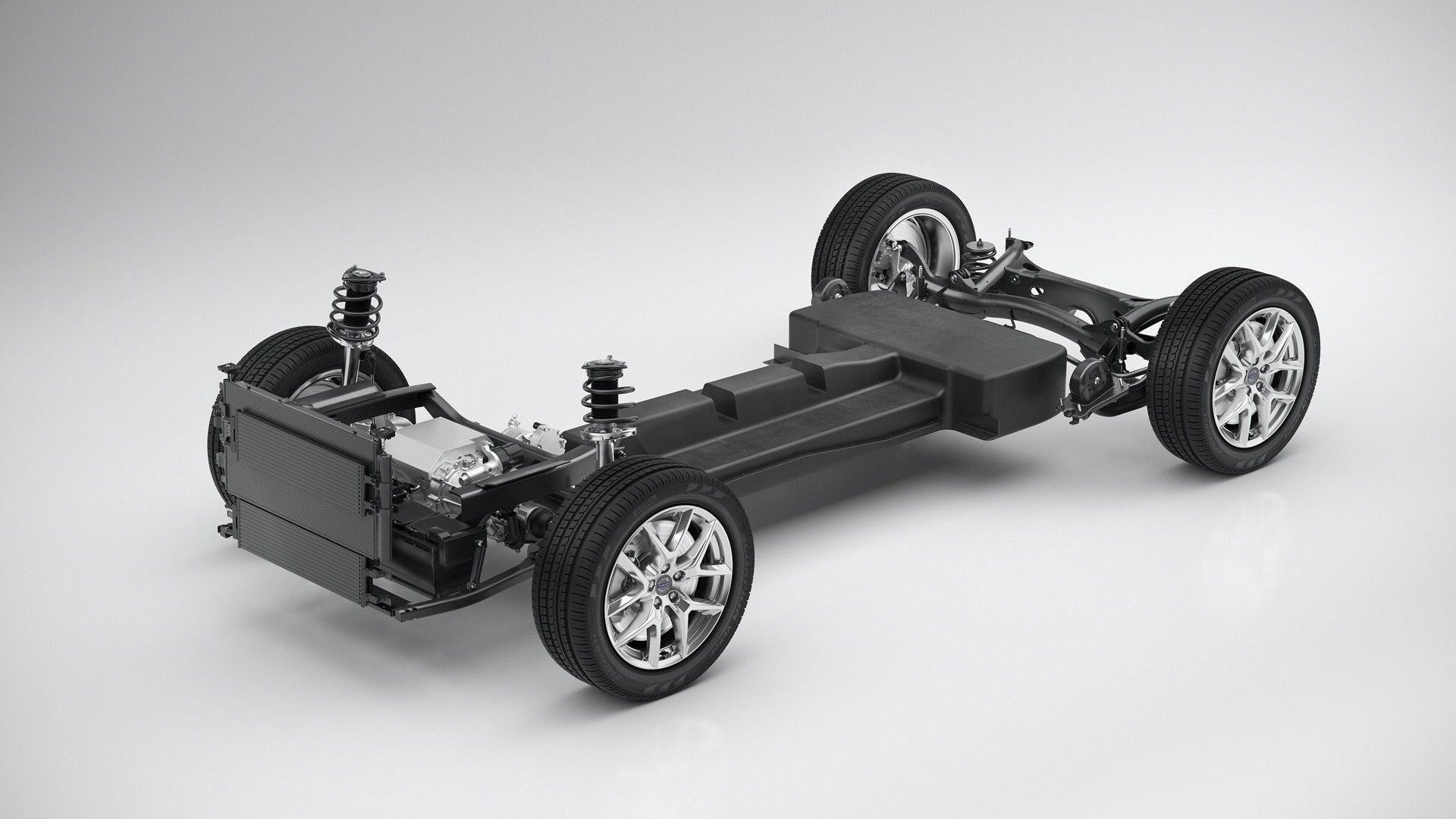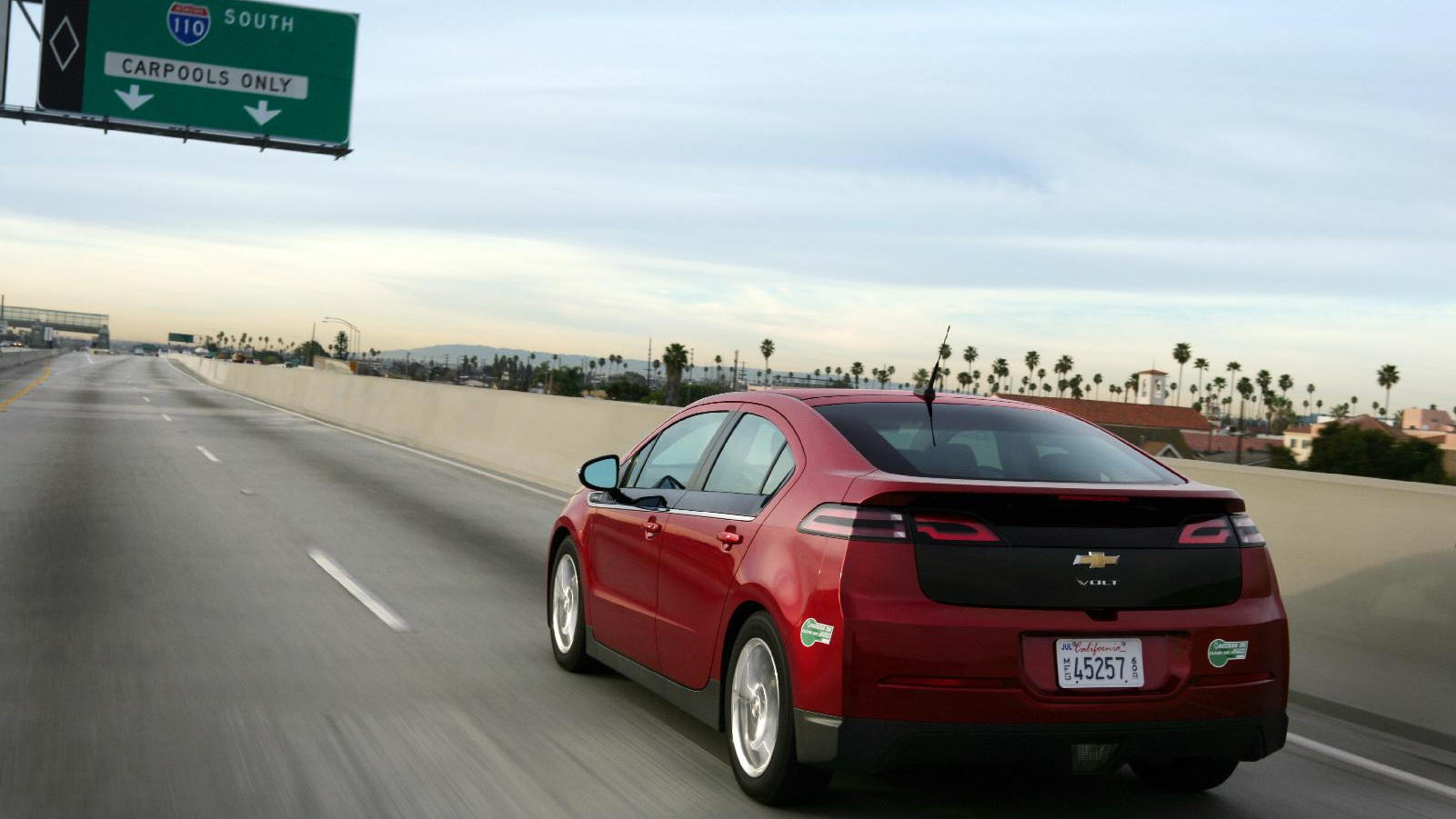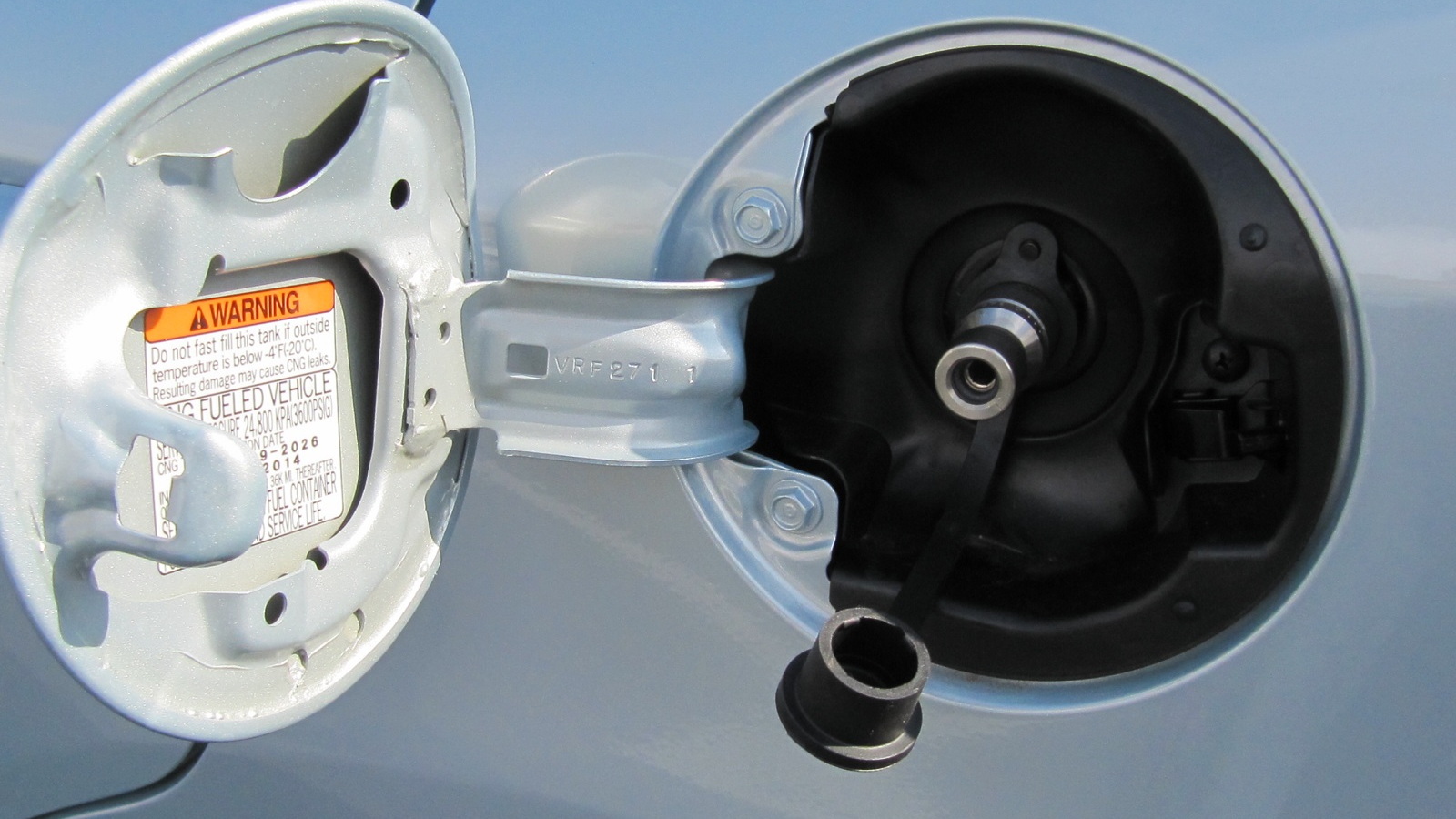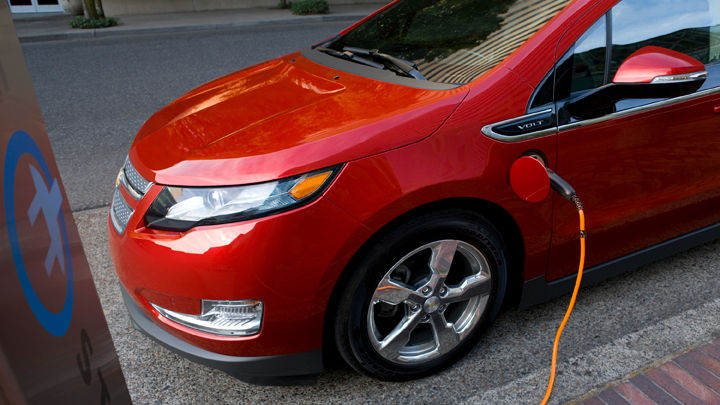Argonne National Laboratory
-
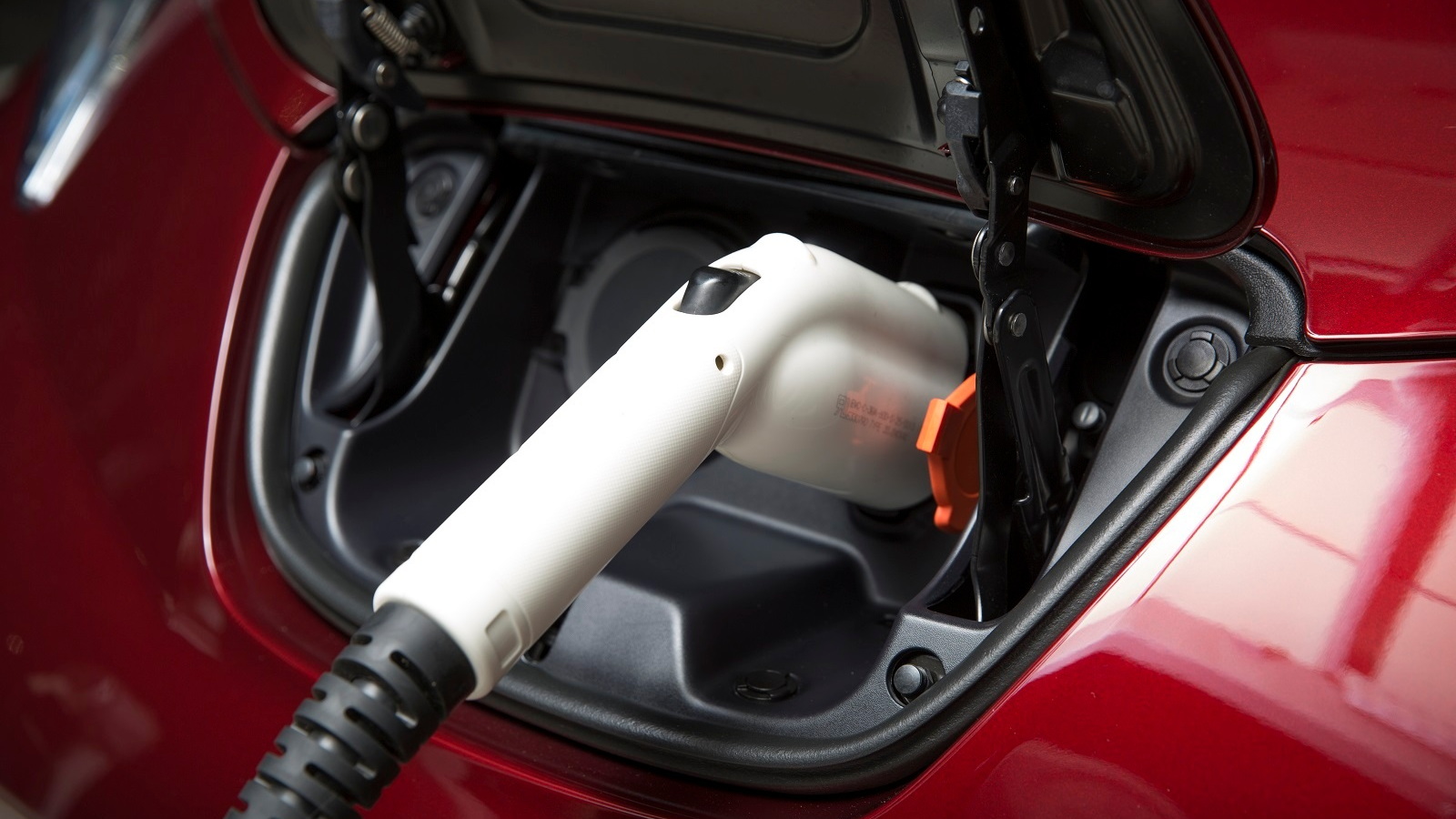
Personal automobiles have given hundreds of millions of people the great luxury of a convenient and comfortable mode of transportation. But there's no escaping that manufacturing these vehicles, driving them for 10 years or more, and then disposing of them creates pollution that has a wide range of negative impacts. As advocates and some governments push for more plug-in electric cars, that poses a valid question: what's the total emission impact of driving a vehicle that plugs into the grid for its energy? Over the last five years, electric vehicles have become a target for some who are not...
-
 Electric-car energy density to approach gasoline by 2045: report
Electric-car energy density to approach gasoline by 2045: reportElectric cars may have an advantage over gasoline cars in energy density when powertrain efficiency is considered.
Stephen Edelstein -
 Patent Fight Erupts Over Next-Generation Electric-Car Battery Chemistry
Patent Fight Erupts Over Next-Generation Electric-Car Battery ChemistryCompanies are engaged in a legal battle over different versions of a battery-cathode chemistry.
Stephen Edelstein -
 Hard Realities Of Battery Research: Promising Electrode Hasn't Panned Out
Hard Realities Of Battery Research: Promising Electrode Hasn't Panned OutNews of new battery technologies breaks regularly, most researchers claiming to have devised a system promising greater range, better stability, lighter weight, lower cost--all characteristics desirable in electric vehicles. All require a caveat though: This technology may never get beyond the...
Antony Ingram -
 'Strong Case' For Natural-Gas Car Research, National Lab Says
'Strong Case' For Natural-Gas Car Research, National Lab SaysA government-funded laboratory that helped pioneer the battery technology behind many electric vehicles, including the Chevy Volt, has recently begun to focus on developing technologies to improve natural gas-powered vehicles, in anticipation of government and industry soon seeking to bring...
Talking Points Memo -
 Battery Wars: General Motors Licenses American Argonne Tech
Battery Wars: General Motors Licenses American Argonne TechA long time ago in a galaxy far, far away... Actually, no--fairly recently and not so far from home, the U.S. Department of Energy's Argonne National Laboratory patented a battery technology known as nickel manganese cobalt (NMC). Discovering and patenting new battery technology in an era so...
Antony Ingram -

General Motors announced today that it has licensed lithium-ion battery technology developed at Argonne National Laboratories, the research institution that's funded largely by the U.S. Department of Energy. The agreement allows GM to use the technology throughout its supply chain, and covers a suite of patents that includes and builds on the technology used in the 2011 Chevrolet Volt. "The Argonne license is going to allow GM to continue to work on next-generation battery systems, to reduce cost, and improve performance of those systems," said Jon Lauckner, president of GM Ventures. "And you...
-
 A Look At What's Cooking At Argonne National Laboratory
A Look At What's Cooking At Argonne National LaboratoryA couple of weeks back, I received an invite to visit Argonne National Laboratory in suburban Chicago. The lab spends a fair amount of time on transportation research--up to 10 percent of what the lab does revolves around transportation--as it looks towards the future of fuels used to power the...
Tim Healey -
 Your Tax $$$ At Work: Argonne Lab's Better Batteries, Greener Fuels
Your Tax $$$ At Work: Argonne Lab's Better Batteries, Greener FuelsIf you watch TV or read the papers, you'll see lots of coverage of people who are pretty unhappy with one facet or another of the U.S. government. This post is about something government seems to do relatively well: pre-commercial research and development. Here at GreenCarReports.com, we usually...
John Voelcker
